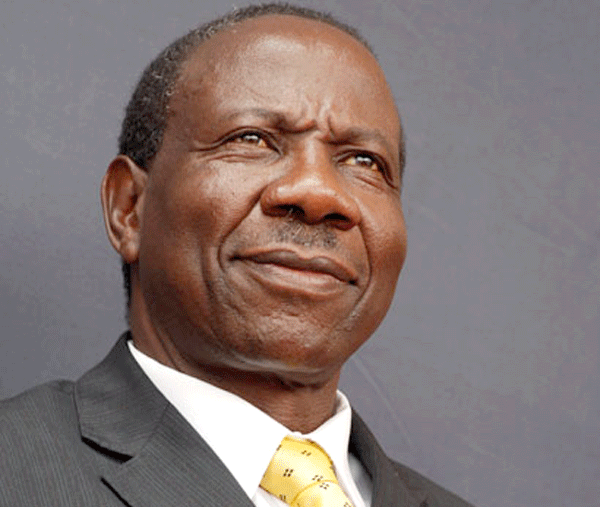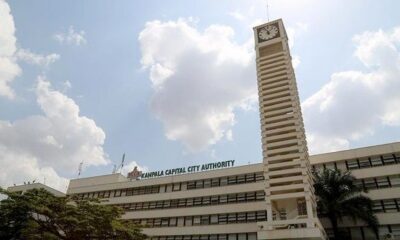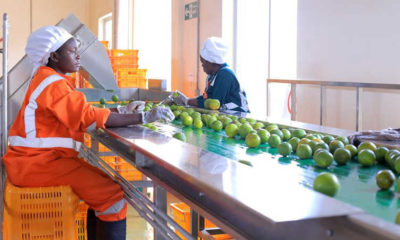Editorial
Budget 2017/18 Good plan that cannot be implemented
A lot of fanfare and invitations preceded the reading of the 2017/2018 Budget Speech; that is as it should have been. Nevertheless, the presented outcome of it is too optimistic as a result of a number of issues arising from it.
For the first time and despite a lot of prompting, the Ministry of Finance over the years has evaded the issue of considering agriculture as the mainstay of Uganda’s economy; and therefore, deserving allocation of a sizable and meaningful amount of money. All those years the percentage allocation for this sector has always hovered around 3%.
This time round, it has been upped to 4.9%. This is still a measly amount from the needs and the dictates of the sector. And it falls far short of the ten percent that Uganda undertook to allocate agriculture, per the Maputo Protocol of 2003, which the Government signed to implement.
The idea behind this allocation is to channel the country’s resources to the majority of the people who are supposed to be lifted to the middle income status by 2020. That is; within three years a peasant in the remotest parts of Uganda should be earning at least 20m/= per year. This is from the present per capita of about five million shillings per year; or four times as much. This is a pipe dream!
The Budget hopes to raise 29 trillion shillings, of which it can vouch for 19 trillion. The other ten trillion is to be borrowed – from whom – in this world of donor fatigue? Moreover, a cornerstone of the Budget, and the sector that is supposed to help the marketing of the produce from the peasants, is infrastructure, which has got 16%, also a necessary spending.
Yet, looking at the infrastructure sector, the design and construction of the roads, even if it were only feeder roads, takes a time of, not less than four years. And Minister Matia Kasaija talks of getting the peasants to a middle income status – without access to them? If in the last 31 years, the Government has failed to get the country out of the rut it is in, how can it now do it in three years?
This is also at the time the economy is in dire straights with recession and more rising commodity prices. There is a general lack of production for exports; the indirect taxing of the people is overstretched; still, at the time the Ministry of Finance is underhandedly paying taxes for certain companies, it considers, investors.
Besides, a lot of the planning that went to this budget was based on the premise that the economy would grow at 5.5%, but now the World Bank estimates the growth to be, not more than 3.9% . It says that for the economy to uphold the middle income status, it should grow at, not less than 12%.
So, what is the 2017/2018 Budget really up to achieving, apart from making Ugandans have a mere good feeling – whereas they will be having empty pockets?
Comments



















